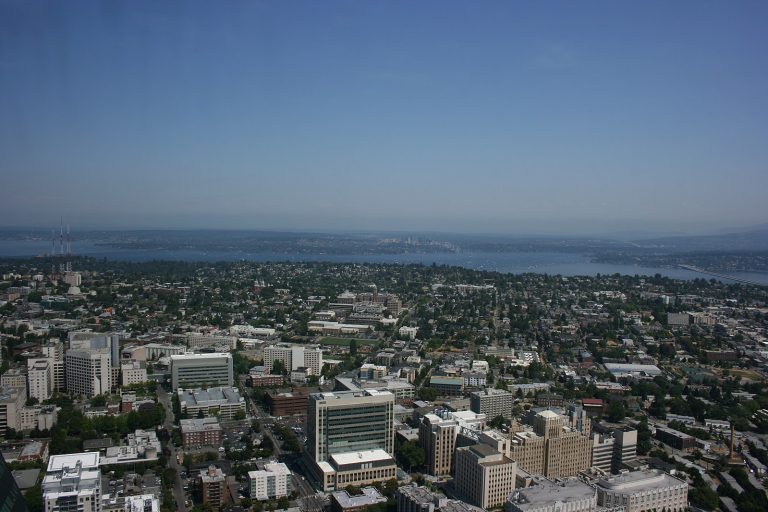Published on July 29, 2021

Update: Council Bill 120081 was signed into law on by Mayor Durkan on July 9, 2021. Critics are still hoping that the amended law can be repealed.
Critics are demanding a return to the 80% AMI threshold for affordable housing developed on land owned by religious institutions.
It was a long-awaited day, one that was supposed to mark a hopeful new chapter for Seattle’s Black churches, who have endured the frontlines of the city’s skyrocketing housing costs and gentrification. Cash poor, but rich in land, Seattle’s Black churches have been searching for creative ways to use their property to ensure that their communities have a future in a city where the percentage of Black residents has declined to the lowest level in 50 years, even as overall population growth has surged.
But what was supposed to be a day of celebration quickly dissolved into disappointment as church leaders and supporters watched a last-minute amendment alter legislation they had fought for on the state and local level. The legislation, which provides density bonuses (i.e., development capacity increases) to religious institutions seeking to build affordable housing on land they own or control, was supposed to be a way for Black churches to create homes for members of their communities impacted by displacement. But an amendment sponsored by Councilmember Lisa Herbold (District 1, West Seattle) deepening affordability requirements from 80% to 60% or less of area median income (AMI) has stirred up uncertainty.
“The last-minute change is effectively a poison pill, transforming a well-crafted policy to one that excludes those it’s meant to benefit,” wrote Donald King, President and Chief Executive Officer of the Nehemiah Initiative Seattle and affiliate professor of architecture, in a open letter to City Council President M. Lorena González (At-Large) that calls on the City Council to correct their error and return the bill to its original form.
Reverend James P. Broughton III, Senior Pastor of Damascus International Fellowship, located in Rainier Valley, and Renée Cheng, Dean of the College of Built Environments at the University of Washington (UW) and Board Director of the Nehemiah Initiative, have also submitted letters to city leadership expressing disappointment with the amendment and hope that the mistake will be quickly remedied.
“In a crisis defined by scarcity, in a city with limited land available for development, any lost affordable unit is a significant loss. The city cannot turn its back on these faith communities now,” wrote Rev. James P. Broughton III.
Continue reading at The Urbanist.
Originally written by Natalie Bicknell for The Urbanist.